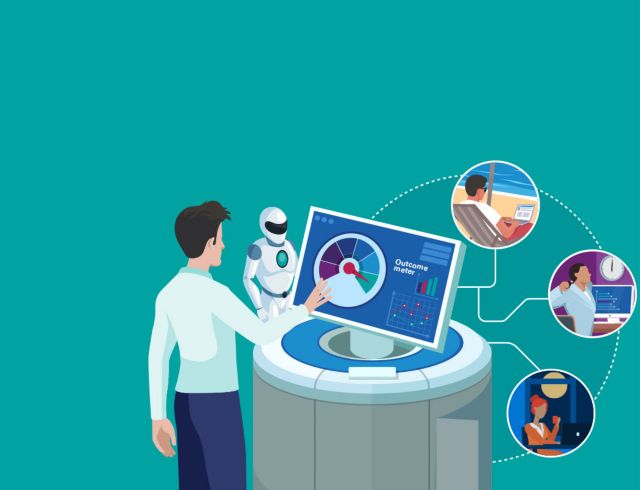Many of the challenges faced by Human Resources prior to the COVID-19 pandemic have been amplified. We know from the near 1,300 worldwide HR leaders who took part in the KPMG 2020 HR pulse survey that the pandemic has exposed significant skill gaps, shifted priorities, and accelerated digital transformation.
In the next 12—24 months



As a result, the priorities of the HR function have shifted.
taking steps to safeguard the experience and well-being of employees
helping leaders develop new management and leadership skills to support remote working
redefining/further enhancing the culture to emphasize digital mindset, virtual working, agility, etc.
The role of HR
While 88 percent of respondents agree that HR has played a leading role in their organization’s response to the impacts of COVID-19, a striking finding from the survey shows disagreement between CEOs and CHROs about the role of HR. About 60 percent of CEOs and executive vice presidents (EVPs) surveyed say that their organizations consider HR to be an “administrator” rather than a value driver; 74 percent of CHROs disagree with that statement.
What they both agree on though is the need for the HR function to completely reinvent and transform itself in order to respond more effectively to future disruption.


What is particularly interesting is how an elite performing group of HR organizations—we call them Pathfinders —emerged again this year—roughly 10 percent of the survey population. They have reacted differently across areas that are critical to the HR function, despite facing similar environmental and economic challenges as others.



